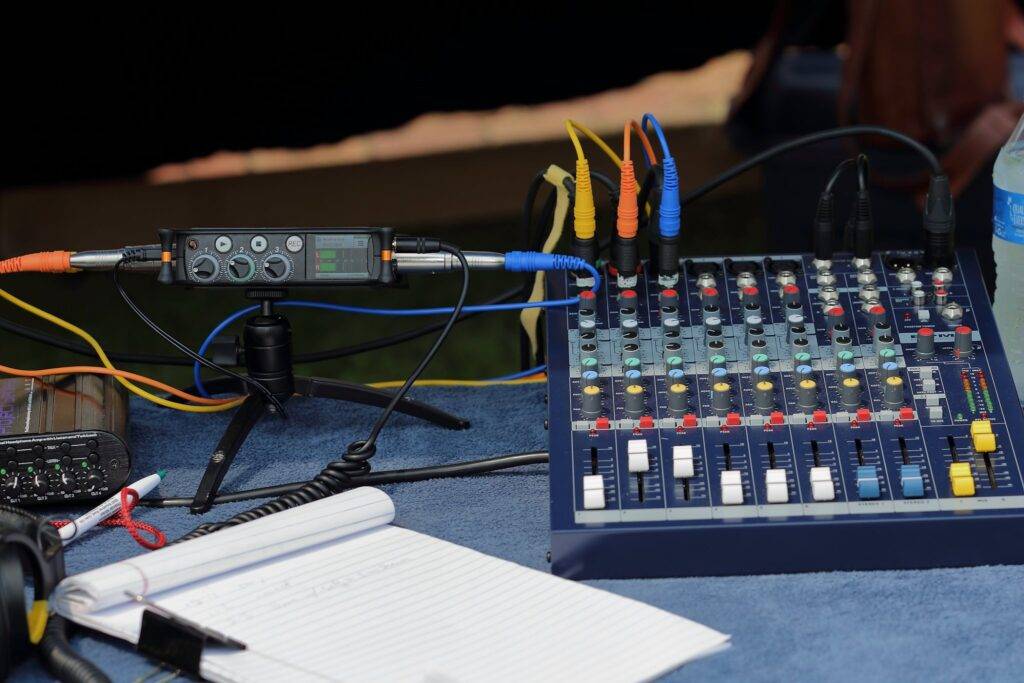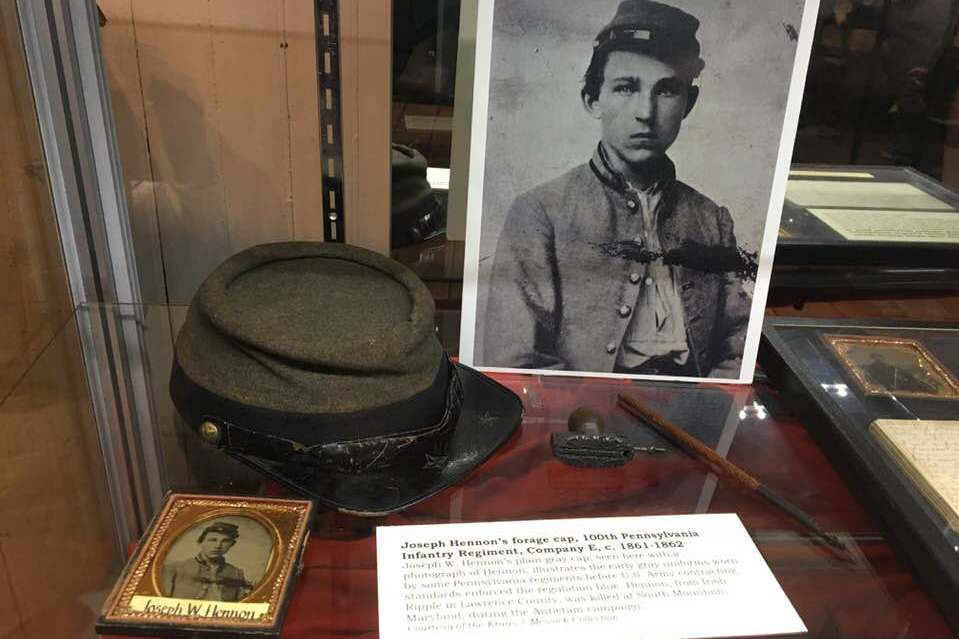LBHS Collections
Since its founding in 1962, the Little Beaver Historical Society has been capturing, preserving, and sharing historical artifacts and information with the public through its curated collections, exhibits, live-action demonstrations, and other events.
Each of our museums holds a variety of historically significant objects on display organized into exhibits that are informative and easy to understand. Our historians are always willing to provide more details and fascinating stories about the thousands of artifacts on display in our museums. In some exhibits, you can hold and handle artifacts for yourself. In other exhibits, such as our industrial machinery, our historians will demonstrate how items work.
In addition to our physical collections of artifacts, the Little Beaver Historical Society recognizes the importance of media such as photographs, film, sound recordings, and now internet-based digital media: online documents and manuscripts, webpages, YouTube videos, digital photo galleries, podcasts, etc. Our growing “Digital Media Collections” are available through the internet and help us share local history with a world-wide reach.
Help Us Capture, Preserve, and Share Local History
Little Beaver Historical Society is always looking for artifacts, photos and documents of historical interest and significance for our museum collections. Items can be donated to the museum or lent for display. In many cases, items can be photographed or scanned for our use, and the originals returned to the owners.
Items that might have historical significance include:
- Personal diaries, letters, scrapbooks, postcards, or other such non-commercial documents, especially if they relate to major historical events such as the world wars, the Great Depression, etc.
- Documents of local businesses or organizations such as ledgers, membership rosters, oaths, inventory, price lists, etc.
- Old photographs, slides, film reels, and audio recordings of significant events, notable people, or even everyday life if the artifact is exceptionally representational.
- Physical items such as household goods and appliances, industrial tools, political memorabilia, etc.
As a practical matter, museums can’t possibly take in every old item, so historians will have to review and evaluate each item to determine whether it should be discarded or taken in by the museum. It is extremely helpful if owners can provide complete documentation or descriptive information about items.
If you have historical items or information you’d like to share with us, let us know at info@LittleBeaverHistorical.org

